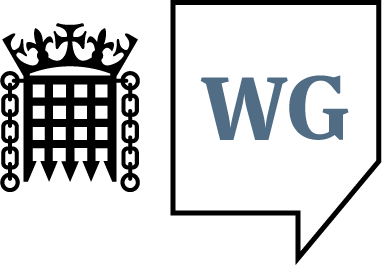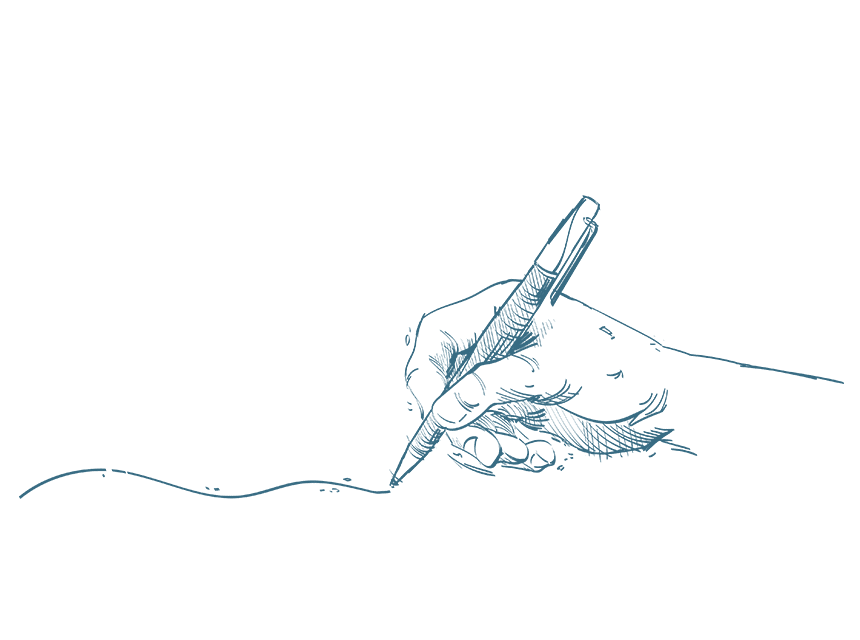This event brought together a panel of experts from across the publishing industry to discuss the key aspects of a writer’s journey, from initial idea to manuscript to eventual royalties and the professionals that support writers along the way.
Hosted by Giles Watling MP, the event featured guest speakers representing authors, from the organisations that support them.
Nicola Solomon, Chief Executive of the Society of Authors (SoA), joined us to share how this union supports its members, including their free contract-vetting service (their team review between 8,000-10,000 each year, making them well-placed to assess the calibre of any publisher). Nicola identified the first important factor any author starting out must consider: what kind of publishing reflects their goals and skillset. A traditional route with a publisher typically offers an advance and royalty deal, with the benefit that a publishing team delivers expertise in marketing, editing, printing, and distribution, providing a total service for the author and book. Whereas with self-publishing, authors engage a service provider to print (physically or digitally) their book and sometimes provide a platform to sell on. Successful self-published authors typically spend half their time marketing their work and may earn less, but retain more control, which can benefit the right kind of author for 70 years after death.
Another type of publishing has grown in prominence in recent years, often referred to as ‘hybrid’, ‘contributory’ or vanity publishing. With no advance these publishers charge for the services expected of a publisher while also taking a share of the author’s royalties. The SoA produced a report on the recent rise of this kind of publishing, titled Is it a Steal.
Literary agent Catherine Clarke spoke on her work as President of the Association of Authors’ Agents (AAA), the industry body representing 118 agencies in the UK and Ireland. It’s run on a voluntary basis and seeks to establish best practice models for literary agents. As a literary agent, Catherine described the critical role agents play in supporting an author.
Talking more about the process, Catherine explained how agents apply their expertise to negotiate the best possible deal for the author and their work including the ‘after-life’ of the book such as selling the rights for adaptations or translations. Agents often specialise in different areas, so it is important for an author to consider who they work with.
As authors often approach agents with an idea for a pitch to a publisher, agents will help significantly in bringing together the proposal, crucially providing a sense of the market in terms of competition. This is done alongside offering feedback to the writer preparing samples for publishers. Agents also represent their clients in the coordination of the sales of foreign translation rights; the deals/sales/publishing in other territories or through managing relationships with sub-agencies to get these deals done.
Barbara Hayes, CEO of the Authors’ Licensing and Collecting Agency (ALCS), explained its role in collecting and distributing payment from secondary royalties to its members. With over 117,000 members and over £41 million distributed in 2021, ALCS helps get money to authors so that they can keep writing.
The organisation also campaigns for authors’ rights and to protect the broader creative ecosystem. Alongside secretariat support for the APWG, ALCS also works to commission a periodic Authors’ Earnings Report, disseminating the findings and further campaigning on improving the income of authors to arrest the established downward trend.
Julia Eccleshare, from the British Library, set out the role of libraries and Public Lending Right (PLR), and how important libraries are to engaging readers. PLR was set in legislation over 40 years ago to remunerate authors who previously saw no payment for repeated loans of their works. Every time someone borrows a book, ebook or audiobook from a public library, the author gets a small amount of money. The annual fund is £6.6 million with payments to any one author capped at £6,600. The fund pays out to a wide range of authors with over 21,000 receiving payment each year. While it’s not always a huge amount of money for authors, we know PLR makes them feel more connected to their readers – the money and motivation has kept many authors writing into further success.
Questions were raised by the audience on issues such as the importance of reviews and book fairs, to sales in the present time, to why earnings have dropped, and the growing proportion of the market that Amazon controls both in book sales and increasingly publishing.
The APWG brings together parliamentarians from all sides to inform and campaign for writers’ interests, safeguard their intellectual property and ensure the equitable remuneration and recognition of writers for their role in the economy and society as a whole. Its next event will be the APWG Winter Reception on Tuesday 6 December 2022 at 6.30pm-8.30pm in the Terrace Pavilion, House of Commons. Contact the secretariat with any questions (allpartywritersgroup@alcs.co.uk).




